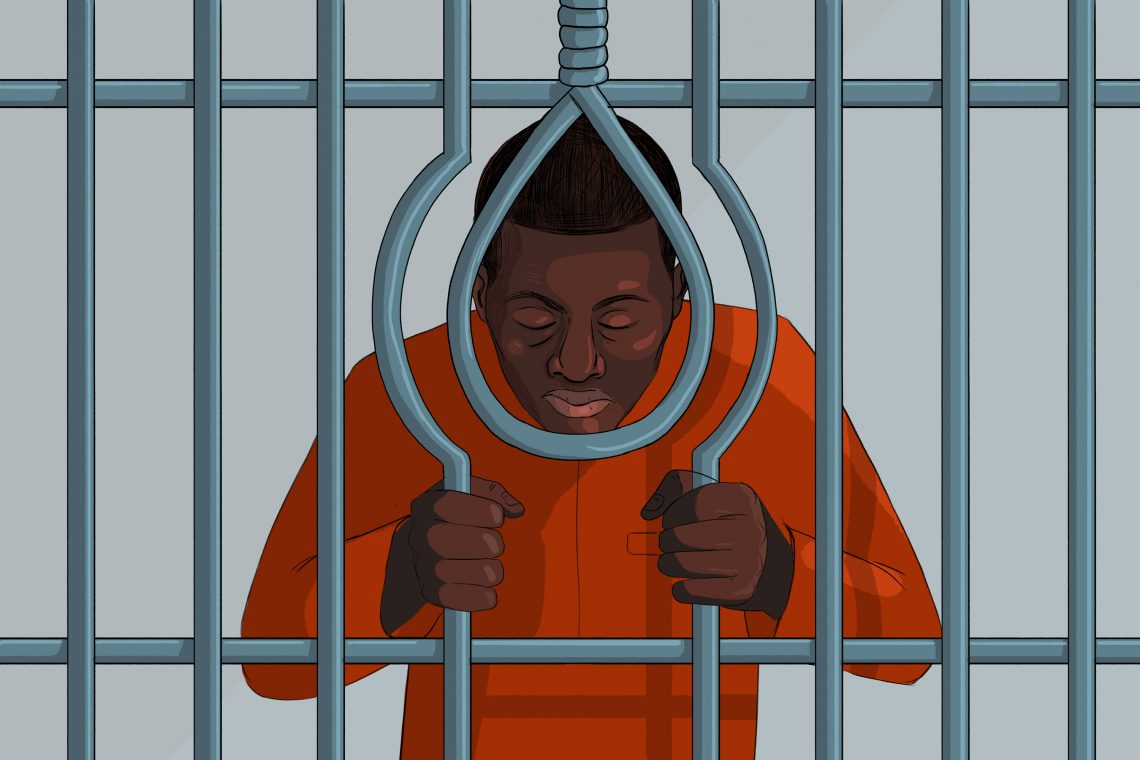Divorce
The Hindu Marriage Act of 1955 is a crucial law that regulates Hindu marriages in India. It not only sets out the rules and requirements for a valid Hindu marriage but also includes different reasons for seeking a divorce. As divorce is a delicate matter, it is important to carefully analyze the legal provisions and past court decisions to ensure fairness and justice. This article will explore the legal structure surrounding divorce under the Hindu Marriage Act of 1955, focusing on important provisions and notable court cases.







